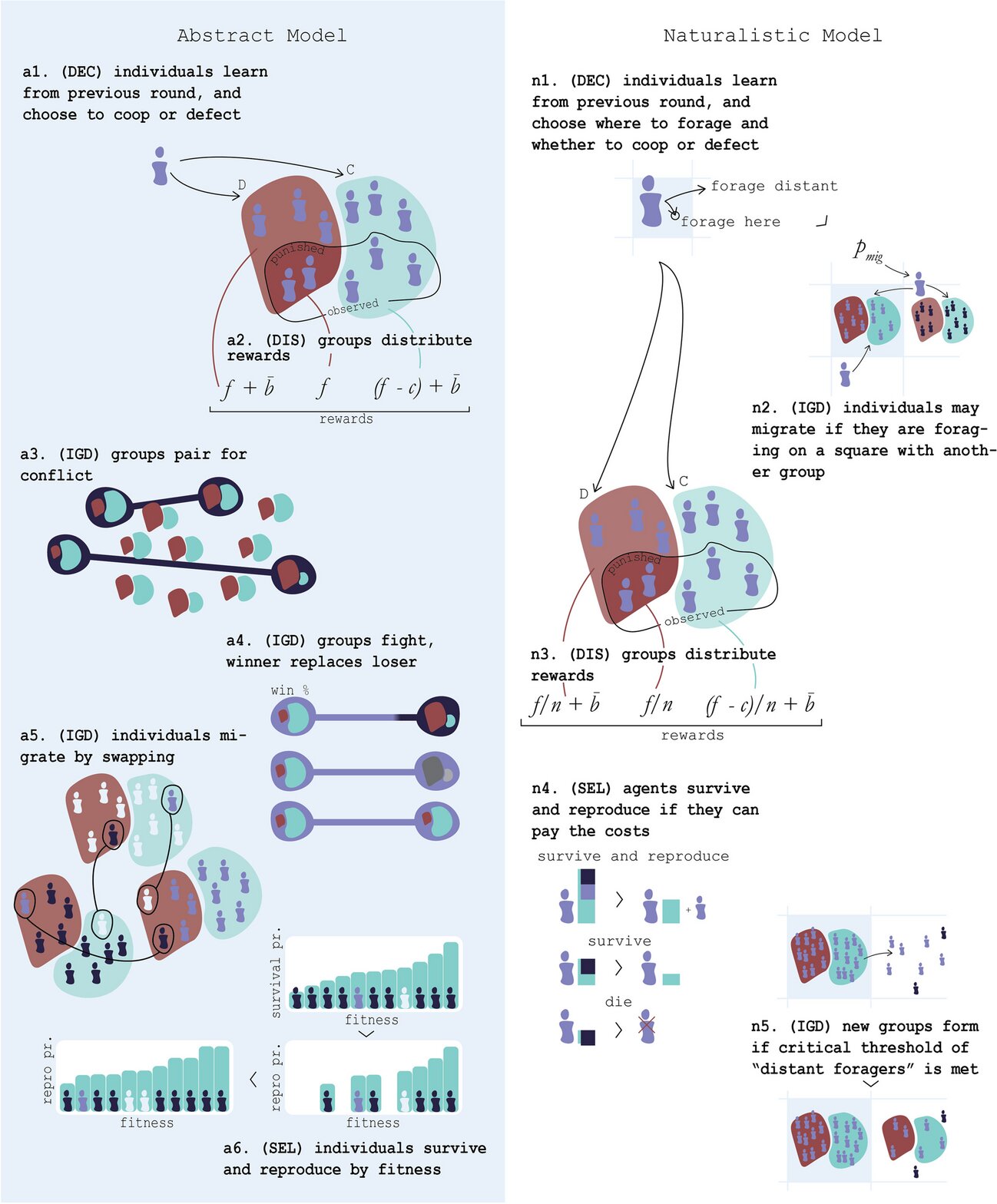That strong urge many people feel to abide by social norms even when it is individually harmful may have its roots in Darwinian fitness, according to a new study published in Behavioral Ecology and Sociobiology.
“Even when only a minority of the population internalizes norms, it can have a big impact in terms of getting people to cooperate more and for longer,” says Victor Odouard, a former predoctoral researcher at SFI and lead author of the study. “Our research offers an evolutionary explanation for why people will work together for the benefit of the group, even when it would be better for them, individually, not to do so.”



Would someone please explain this to the U.S. Congress??!??